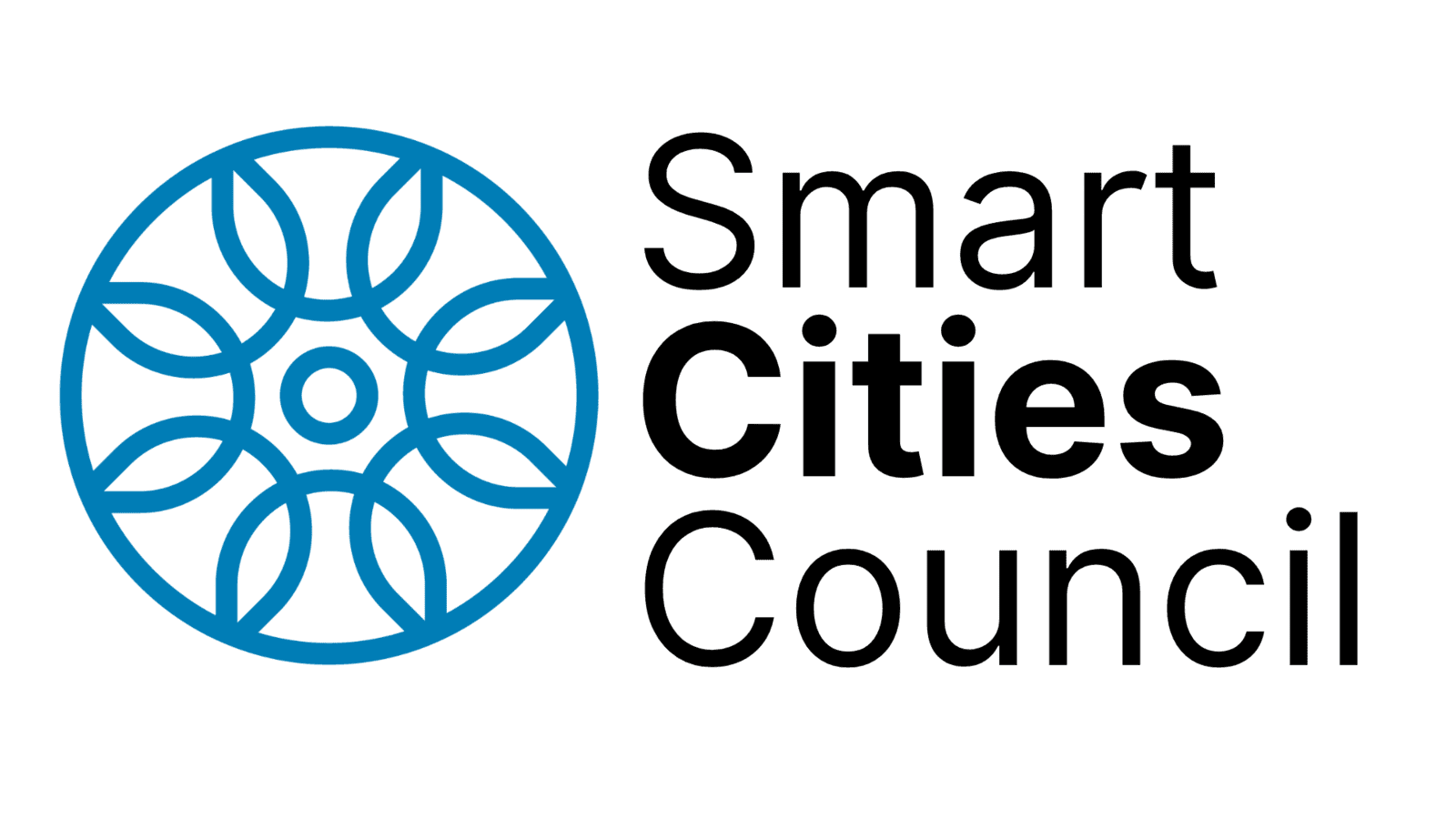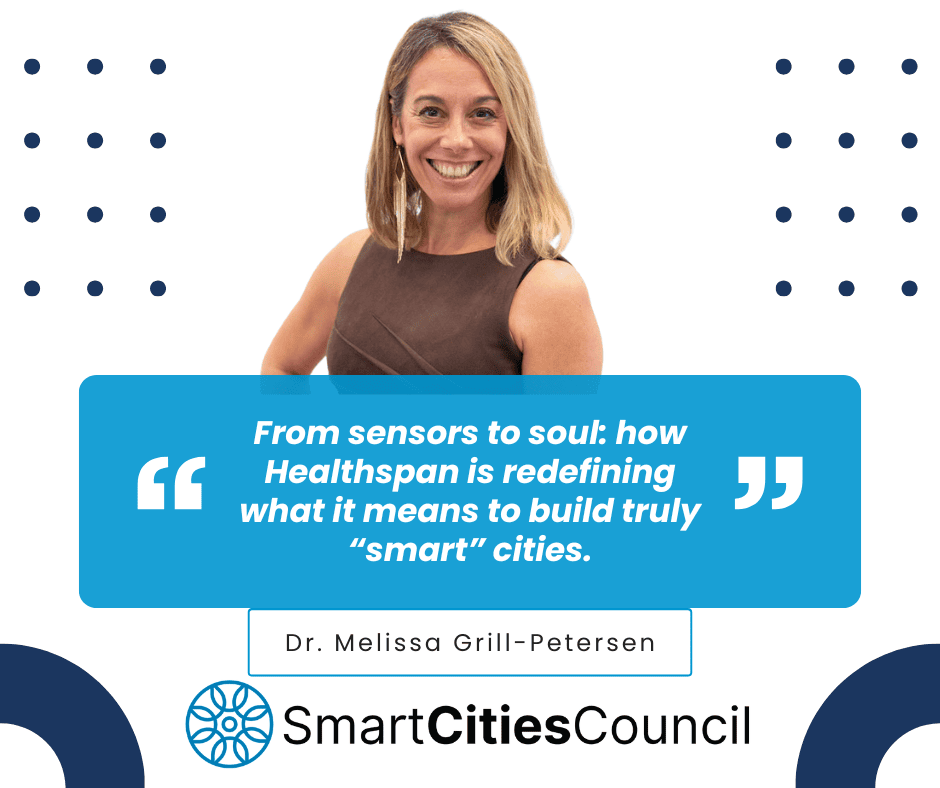At this year’s Smart City Expo Miami, Dr. Melissa Grill-Petersen, founder of the Human Longevity Institute, delivered a powerful session that challenged how we define a “smart city.”
For too long, she argued, cities have optimized for efficiency, tracking energy use, carbon emissions, and digital infrastructure — while neglecting the most vital metric of all: human well-being.
“We can measure the temperature of the planet,” said Dr. Petersen, “but not the temperature of the human spirit.”
Her workshop, The Regenerative Healthspan Model, explored how the next generation of cities will not only be sustainable but regenerative, restoring life, vitality, and connection across biological, environmental, social, and cultural dimensions.
Introducing Healthspan: The New Urban Metric
Healthspan goes beyond lifespan. It measures the quality of our years — how long we live well.
It’s quantifiable through biomarkers such as heart rate variability, oxygen saturation, and recovery time, and it can be enhanced by city design that supports access to nature, light, movement, safety, belonging, and purpose.
Healthspan already carries huge potential impact, an estimated $38 trillion in annual global value, according to research published in Nature Aging (2021).
Smart Cities Council Leads the Global Shift
Recognizing this, theSmart Cities Council(SCC) is taking a leadership role in embedding Healthspan as a new global standard.
Through its upcoming Global Healthspan Task Force, SCC aims to co-create the world’s first Smart City Healthspan Scorecard — an evidence-based framework that measures physical, mental, emotional, and social well-being alongside traditional sustainability metrics.
“This is where we shift from smart systems to wise systems,” said Dr. Petersen. “Systems that sense life itself.”
The initiative will integrate data from across the biological, environmental, social, and cultural spans — offering cities a new way to design for thriving, not just surviving.
A Call to Action: Design Cities That Make Us More Human
From Louisville’s Green Heart Project to Singapore’s HealthCity Novena and Medellín’s Social Urbanism, examples of health-integrated urban design are already emerging. But SCC’s mission is to bring these ideas together into a unified, measurable, and scalable model — ensuring that well-being becomes a core metric of smart city success.
As Dr. Petersen concluded: “Legacy isn’t the data we leave behind — it’s the life we set in motion. Let’s design cities that make us more human.”
Watch the full workshop:▶️ Smart City Expo Miami – Dr. Melissa Grill-Petersen on Healthspan
About Smart Cities Council
The Smart Cities Council is the world’s longest-running smart cities ecosystem, helping governments, companies, and innovators accelerate digital transformation and sustainability through global standards, education, and partnerships.
For more information on Smart Cities Council programs:


